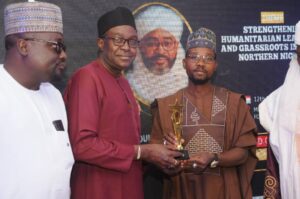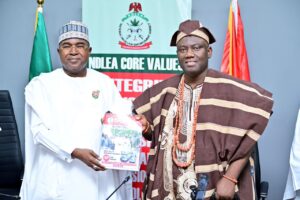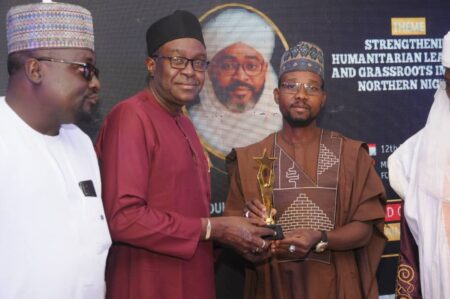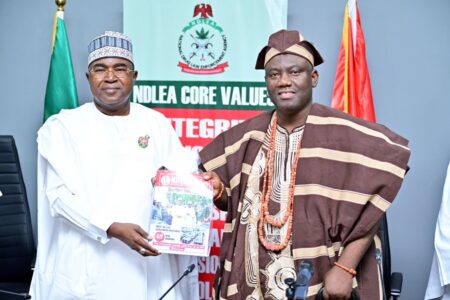The Minister of Communications, Innovation and Digital Economy, Dr. Bosun Tijani, has urged African nations to prioritise the adoption of artificial intelligence (AI) as a catalyst for productivity, competitiveness, and job creation.
Speaking at the Gulf Information Technology Exhibition (GITEX) Nigeria 2025 in Abuja, Tijani warned that Africa risks being left behind if it fails to fast-track AI deployment across key economic sectors.
“AI will widen the productivity gap between nations. Countries that are already ahead will move even faster, while those still catching up will find it even more difficult,” Tijani said.
He pointed to Brazil’s use of AI-driven precision agriculture—deploying soil sensors, predictive analytics, drones, and satellite imaging to cut input costs by up to 95 percent—as an example of what Africa is missing out on. Nigerian farmers, he noted, currently average 2.5 tonnes of maize per hectare compared to Brazil’s 10–12 tonnes.
To chart a way forward, the Minister outlined four priorities for Africa’s AI journey: balancing sovereignty with collaboration, leveraging its youthful population through initiatives such as the “3 Million Technical Talent” programme, digitising African realities by building local datasets, and investing in infrastructure such as connectivity and clean energy.
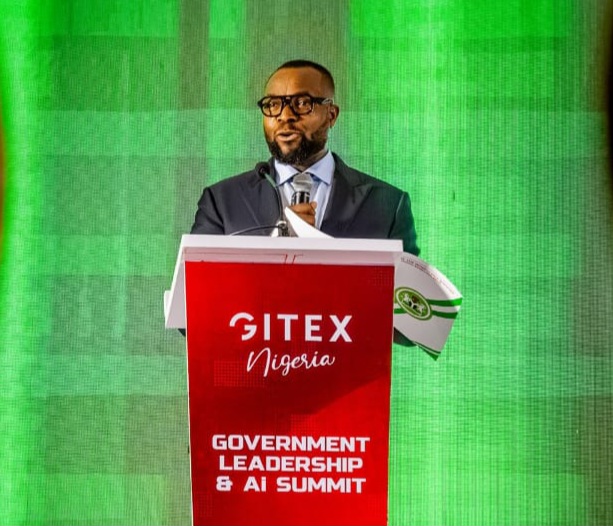
“If we cannot close this gap, Africa risks becoming a continent that imports food, imports services and imports innovation. That is not the Africa we want,” Tijani stressed.
The Director-General of the National Information Technology Development Agency (NITDA), Kashifu Inuwa, echoed this call, emphasising the need for shared AI infrastructure to avoid Africa’s marginalisation in the Fourth Industrial Revolution.
“Any country left behind in this AI revolution risks catastrophe, while those who lead will shape the world,” Inuwa said, citing research that suggests automation could boost global economic growth by 20 percent and potentially double the world economy within five years.
He identified four focus areas for Africa’s AI readiness: harnessing its youthful talent pool, scaling up infrastructure, developing robust policy frameworks, and supporting innovation through start-ups and partnerships. Inuwa also highlighted the importance of developing local large language models to preserve African cultures and values in global AI systems.
In her closing remarks, Trixie LohMirmand, Executive Vice President of the Dubai World Trade Centre (DWTC), described Nigeria as a “frontier of digital opportunity,” with its population projected to rise from 230 million to 400 million by 2050.
“Nigeria is not defined by the headlines or its current challenges, but by the scale of opportunities of tomorrow. Those who stay the course are the future of Africa,” she said, reaffirming DWTC’s commitment to using GITEX Nigeria as a platform for African start-ups and innovators to connect with global partners.
